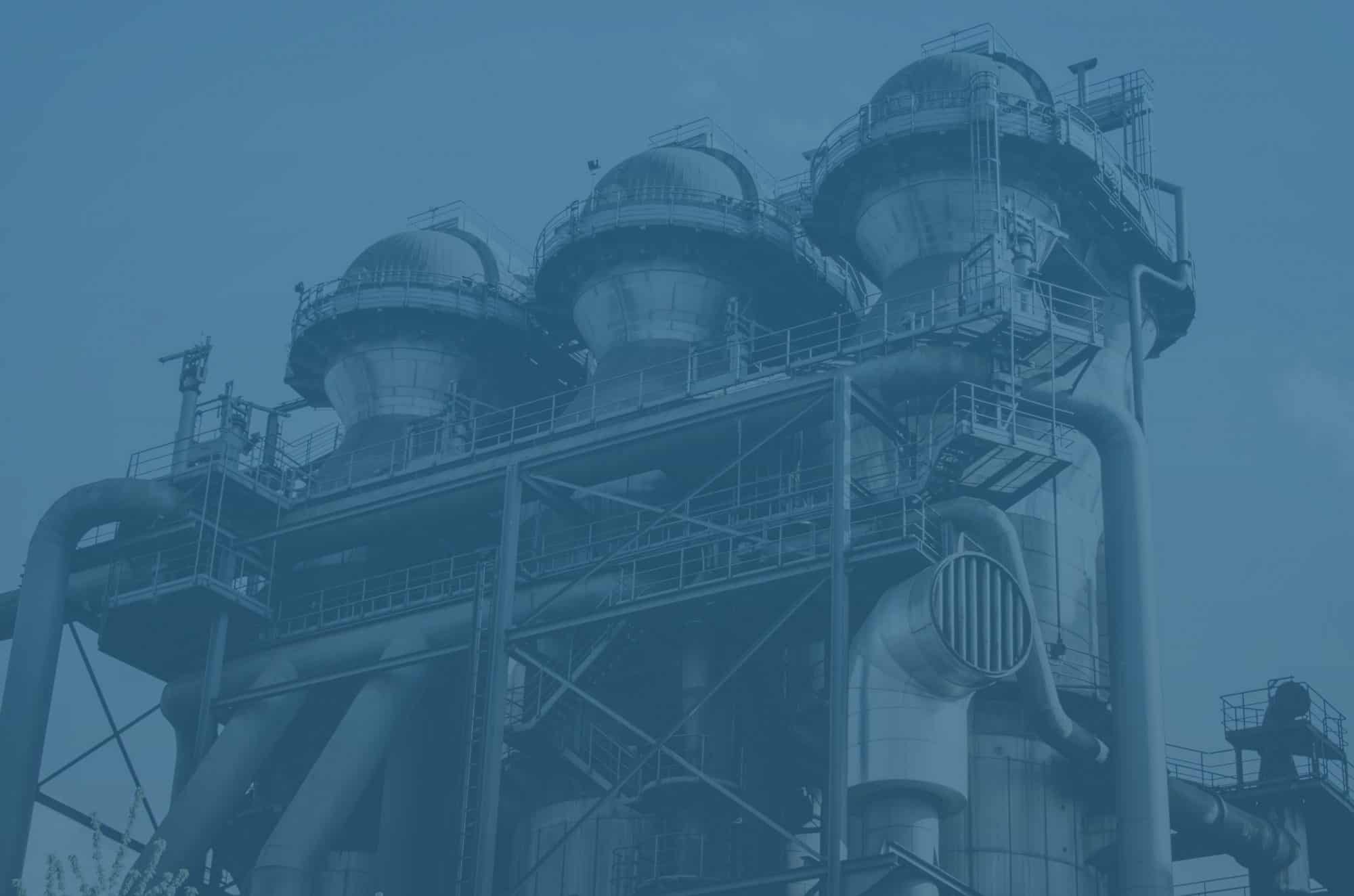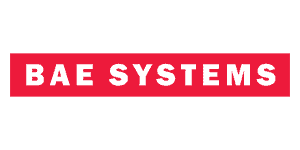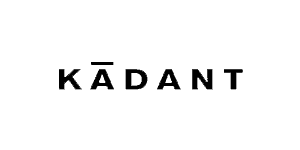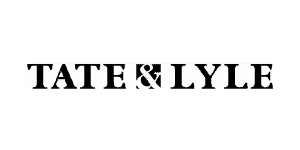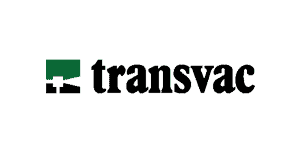Employers have a number of crucial things to think about if they want their business to be successful. One of the most important is the noise level. It can cause many issues, including harm to employees, unhappy experiences for customers, and environmental damage. So, it is wise to check noise levels and take steps to reduce them if necessary. The latter can involve using an attenuator or silencer, installation of barriers or enclosures, and hearing protection.
A huge industry
Did you know that the hospitality industry is one of the biggest markets in the world? It is worth trillions and a massive employer. In fact, UK Hospitality stats say more than 3.5 million people work in the sector here.
The industry is incredibly diverse, including an array of different businesses. The four main pillars are accommodation, food and beverage, recreational and entertainment, and travel and tourism. So, it can include hotels, bars, airports, venues, and much more.
Hospitality noise challenges
Noise is one of the most serious problems many hospitality venues can have. For example, bars and restaurants are notoriously loud. In some situations the sound can cause harm to workers, especially with long term exposure. It can also be a huge negative for customers. For example, most people won’t want to stay at a hotel if it is so noisy they can’t get to sleep. This can seriously damage a business’ reputation and viability.
The problem is sounds can come from various sources, including HVAC systems, essential services, delivery vehicles, appliances, and more. Some are very challenging to deal with. You’ll likely need bespoke solutions, maybe including an attenuator or silencer.
Determine exposure levels and risk
Before you can tackle the noise problem in a hospitality venue, you need to know how bad it is. The most practical way to do this is take physical readings of sound levels in various parts of the property. They can give you a good idea of where the noisiest spots are. Make sure you check crucial customer areas, such as hotel bedrooms.
It is also a really good idea to ask members of staff to wear a dosimeter for a typical workday. It can give you a reading of the amount of noise they experience over the course of a shift. In turn, you will be able to see if the exposure is dangerous and risking things like hearing damage.
Tackle the sources
Once you know noise and exposure levels, you can look at the sources and then solutions. An attenuator or silencer, using noise dampening products, choosing low noise equipment, and various other things can lower sound effectively.
There are a number of common noise sources in the hospitality sector. For example, the front of house in a bar or restaurant can be noisy because of music, TVs, guests, and the general atmosphere. What you can do here is turn volumes down and use materials to help dampen sound. Industrial, minimalist designs are popular, but hard surfaces like concrete and brick walls can reflect a lot of noise.
Many back of house areas also tend to be very loud. Kitchens are notorious because of the number of noisy appliances and hustle and bustle when people are cooking. It is harder to tackle problems here, but choosing quieter equipment can be a massive help. You can adapt the layout too, ensuring you isolate noisier appliances.
HVAC systems can be a major problem, especially in large buildings like hotels. It can cause a lot of disruption for employees and guests. The issue is noises can travel a long way through ducts. You need to be careful, ensuring the HVAC design isn’t causing turbulence, maintain equipment, and monitor levels. You can also use things like vent silencers to reduce noise.
Talk to us if you want a bespoke attenuator
There can be significant benefits when hospitality businesses have an effective noise monitoring and management strategy. It can be great for employees, including performance, job satisfaction, and sickness levels. Customers will appreciate it too, enhancing your brand and revenue.
If you are looking to tackle noise, we always suggest using bespoke solutions. They will provide the most effective results. Ventx can design them for a wide array of needs, including HVAC and noisy equipment. By combining our acoustic and engineering knowledge, we give clients first rate attenuator and silencer solutions.
So, contact us if you need any help with noise reduction.
